EMPRESAS MILITARES E DE SEGURANÇA PRIVADA E DIREITOS HUMANOS: VIOLAÇÕES E A IMPUTAÇÃO DE RESPONSABILIDADE
INTRODUCTION: The growing involvement of private military and security companies(PMSCs) in conflict zones, especially since the end of the Cold War, has raisedserious questions about their accountability for human rights violations. In an international scenario marked by regulatory fragmentation and theabsence of a binding regime, these companies have come to operate in alegal grey area, benefiting from the lack of effective control andsanction mechanisms. AIMS: The overall objective of this study was to examine the inadequacy of theinternational legal framework for regulating and holding EMSPs accountable.Specifically, it sought to analyse existing regulatory instruments,differentiate between mercenaries and private companies, identify the main episodes ofhuman rights violations involving PMSCs, and assess the limits of the application ofinternational law in this context. MATERIALS AND METHODS: The research adopted the logical-deductive method, based on a literature review and document analysis,involving international standards, institutional reports, and case law. Documents such as the Montreux Document, the InternationalCode of Conduct, the UN Guiding Principles, as well as national legislation andemblematic cases of EMSP operations were selected. RESULTS: The results indicate thatexisting instruments, because they are soft law, are limited in theireffectiveness. The absence of sanctions and concrete legal obligations compromises theaccountability of PMSCs and contracting states. The cases of Blackwater andCACI Premier Technology illustrate the seriousness of the problem and the risks ofoutsourcing force in armed contexts. FINAL CONSIDERATIONS: It was found that it isessential to create a binding international legal framework capable ofestablishing clear standards of conduct for PMSCs, defining objective responsibilities, providing for applicable sanctions, and establishing effective oversight mechanisms.This instrument should also ensure accessible and adequate avenues of redress forvictims, in order to reduce impunity and strengthen the protection of human rightsand international humanitarian law in situations of armed conflict.
KEYWORDS: Military and Private Security Companies; Human Rights; Humanitarian Law; Blackwater; CACI Premier Technology, Inc.
Votação encerrada.




